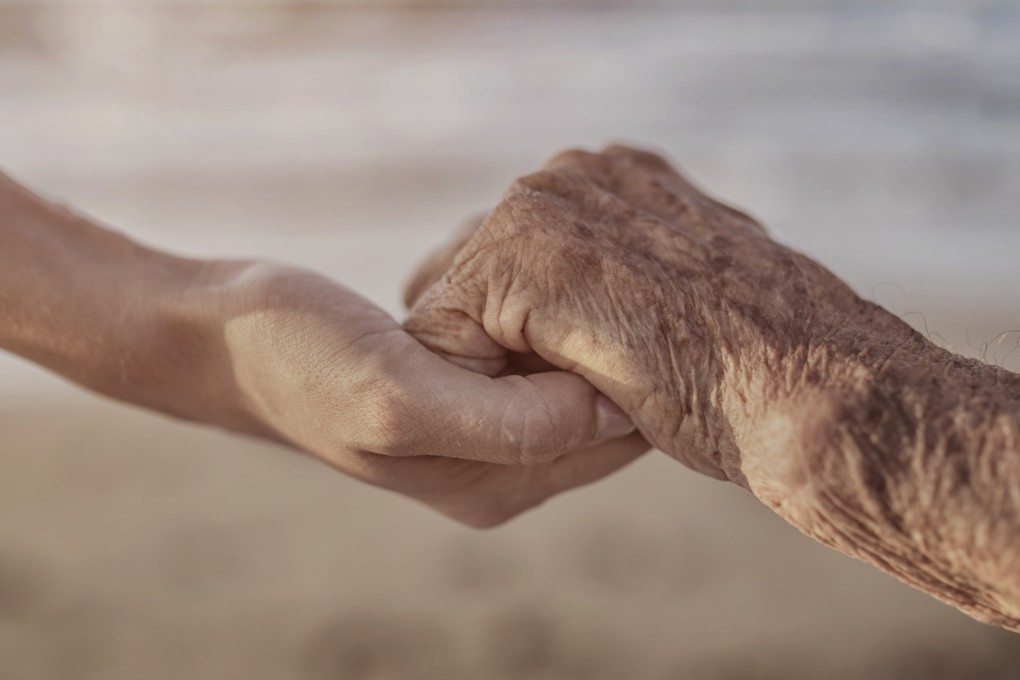To die at home, or in hospital? Proposed changes to law aim to give Hongkongers more say on end-of-life care
- Stronger legal backing for advance directives stating individuals’ treatment preferences when terminally ill
- Proposed changes will encourage nursing homes to let residents ‘die in place’ instead of being sent to hospital

As people live longer, questions are being asked about how, and where, the elderly ought to spend their final days. In Hong Kong, with an ageing population and stretched health care system, an overwhelming 96 per cent of elderly people who died in 2017 died in hospital. Change is in the air for those who prefer to die in dignity and surrounded by familiar faces at home or in residential care homes. The Hong Kong government has begun gathering views on proposed legislation to make it easier for people to refuse certain medical treatments when they are terminally ill, or to choose to “die in place” by saying their final goodbyes at home or in care homes, not hospitals. City Weekend looks at the recommendations and what they mean for Hongkongers.
1. Can a dying person choose not to be sent to hospital or refuse treatment?
A mentally competent person can make an advance directive – also known as a living will – to indicate what life-sustaining medical treatment he does not want if he develops a serious, irreversible illness. However, there is currently no clear legal backing for these advance directives, and this creates practical difficulties in implementing the individual’s wishes.

The lack of legal support also makes it unclear whether advance directives may supersede other laws in situations when there is a conflict. For example, Hong Kong ambulance personnel are bound by the Fire Services Ordinance to resuscitate anyone who appears in need of prompt medical attention. In the absence of clear legal provisions, there is a potential for conflict between the individual’s wishes expressed in the advance directive and the ambulance officer’s obligation to provide assistance.
As for the place of death, there are currently fewer legal requirements when a person dies at home rather than in a residential care home. Under the Coroners Ordinance, if someone dies at home from natural causes, there is no need to report to the coroner if the person was diagnosed with a terminal illness or was attended to by a doctor in the 14 days before death. This is not the case for residents of care homes. All deaths in these homes must be reported to the coroner via the police, and failure to do so is a criminal offence. This requirement discourages homes from allowing elderly residents to die on the premises, despite many preferring to spend their final moments in familiar surroundings. As a result, care home staff tend to call an ambulance to take residents in deteriorating health to hospital.